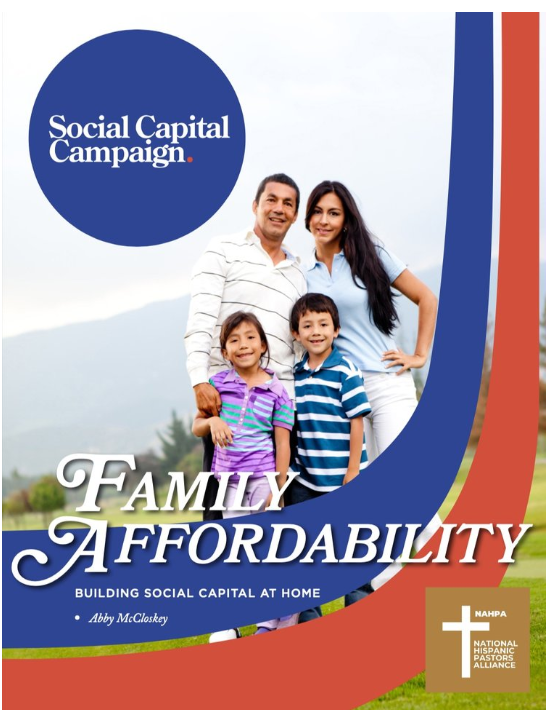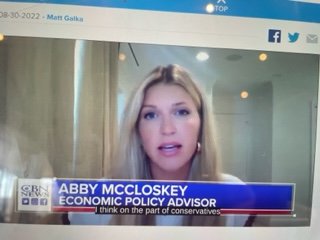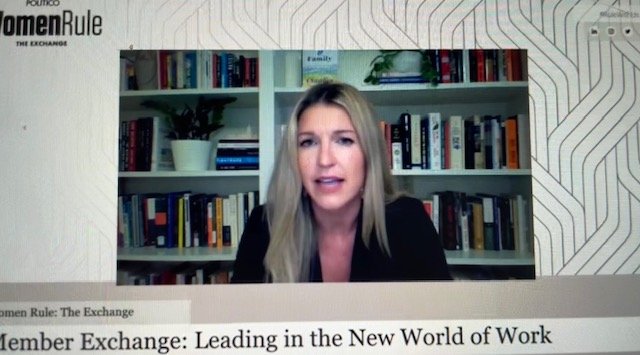Abby McCloskey, National Affairs, Winter 2022
“Each political season takes on a flavor of its own, driven by underlying internal pressures in addition to external events. Generational shifts in the nature of care, family, and work, combined with the Covid-19 pandemic, have catapulted the need for family-policy reform to the forefront of our age.
Few issues are more important than those related to the American family. Academic research overwhelmingly suggests that what happens in a child's first five years has lifetime implications for his well-being. Meanwhile, the workforce-related decisions a mother makes while her child is young will have lifetime implications for her earning potential and her family's financial independence.
The left's universal solutions to child-care and family-related challenges may be the wrong approach, but there's plenty of fertile policy ground for conservatives to cultivate. Republican lawmakers can provide more options that encourage parents to stay home during the early months of life, where the evidence is unequivocal about the importance of parental involvement. They can provide more choices for parents to bridge the gap between care and work following this time, maximizing parental choice in child-care providers and targeting the greatest levels of support at those families for whom high-quality care is most out of reach. Understandably, there is a desire to not tilt the scales against parents who stay at home with their children. Yet this concern should not be used to stymie reforms that would benefit the vast majority of American families.
Republicans have long been reluctant to tackle family policy. The good news is that they have a large — and mostly blank — canvas to paint on. It's time for the GOP to put forward a compelling policy vision that would meaningfully change the lives of young children, parents, and families, to the benefit of us all.”









